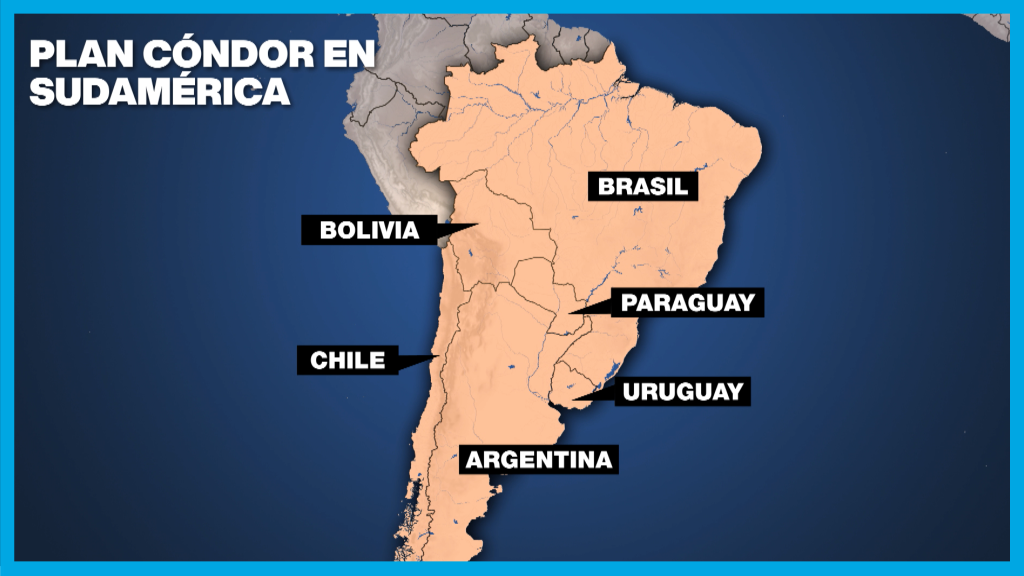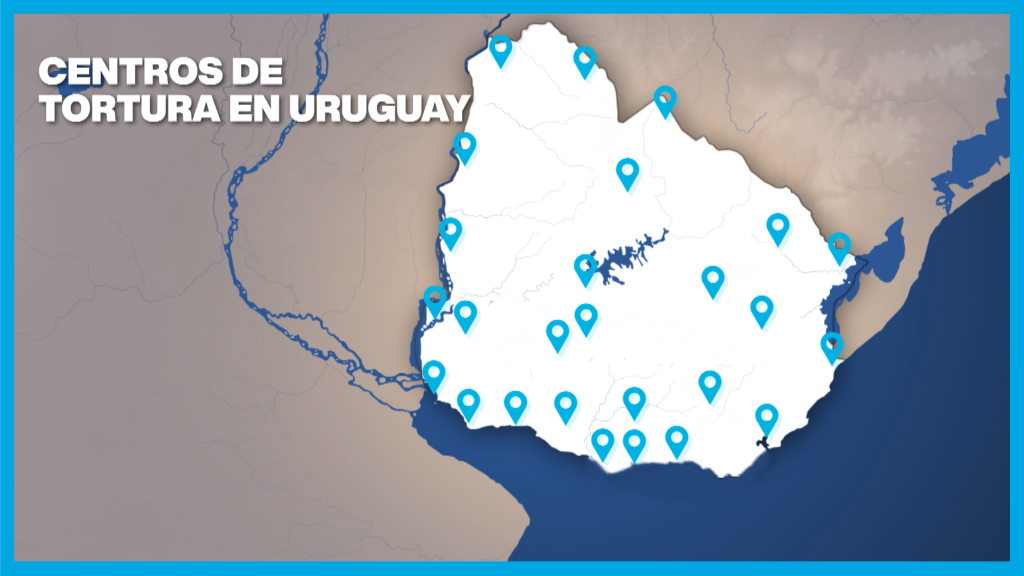First modification:
This June 27 marks the 50th anniversary of one of the darkest moments in the history of Uruguay: the coup perpetrated by President Juan María Bordaberry and supported by the military. An uprising that was successful and that allowed the establishment of a civil-military dictatorship that would last until 1985 and in which arbitrary murders, torture of political dissidents and endless human rights violations were committed.
By the beginning of the 1970s, Uruguay was involved in an internal conflict that pitted the State against the Marxist guerrillas of the Movimiento de Liberación Nacional-Tupamaros. A confrontation that especially concerned the Uruguayan military caste, who had increased their pressure on the political class to increase their power and fight the subversive forces with the sole excuse of ending the “terrorist actions” carried out by the Tupamaros.
In 1972, these military forces launched an offensive against the guerrilla group and were able to arrest some of its most prominent leaders, such as Raúl Sendic, Eleuterio Fernández Huidobro and José Mujica, who would later be the recognized president of Uruguay between 2010 and 2015. But the situation would worsen from 1973, when the leader of the Colorado Party, Juan María Bordaberry, took office as president after being democratically elected and on June 27 he decided to dissolve the parliamentary chambers due to pressure from the military.
This movement eliminated all the constitutional and democratic guarantees enjoyed by Uruguay with the sole pretext of fighting Marxism. Political parties and unions were banned overnight, freedom of the press was eliminated, and the military had the ability to access a civic-military government in which they held de facto power. This led to numerous general strikes and riots in the streets, but attempts to stop the coup failed.
But what happened in Uruguay was not something isolated on the continent and is part of Operation Condor launched by the United States in the region. Other neighboring nations such as Argentina, Brazil, Bolivia, Paraguay and Chile suffered during those years military coups d’état -with greater or lesser violence- that squandered many democratic regimes in the region.

This was done under the auspices and financing of the United States, and its then Secretary of State Henry Kissinger, with the sole pretext of eliminating any possibility of leftist governments coming to power. An argument that led millions of Latin Americans to suffer bloody dictatorships for several years.
Bordaberry tried to consolidate a dictatorial model in which the popular election was suppressed, but he had several clashes with the military leadership due to the discontent between the population and a part of the Army, something that generated instability in the regime and caused him to be dismissed in 1976. His position would be held by Aparicio Méndez and, later, in 1981, by the military man Gregorio Álvarez.
During the government of the three, crimes against humanity were committed. For example, torture and detention centers were set up throughout the national territory that served the state’s repressive apparatus. In one of them, Pepe Mujica was in prison for 12 years, suffering constant torture and humiliation. But his story is only the best known of the thousands out there.

According to the data collected by the Museum of Memory, Uruguay became the country in the world with the most political prisoners per capita, since it is estimated that close to 20% of the population was detained in those 12 years. In total, 200 citizens were killed and an estimated 191 others are missing. A repression that forced 10% of the country to go into exile. Some of them are great names in history and culture such as Mario Benedetti and Eduardo Galeano.
But the credit of the dictatorship ended in the 1980s, when citizen mobilizations led to a vote again in 1984 after years of prohibition.
The winner was Julio María Sanguinetti, from Colorado, who after a few weeks decreed a general amnesty for political prisoners, although in 1986 he also promulgated an expiration law that prevented them from being tried for crimes against humanity committed by numerous soldiers.
However, already in the 21st century, some leaders did receive sentences, including former dictator Juan María Bordaberry, who was sentenced to 30 years in prison for violation of the Constitution and crimes against humanity.
For its part, once democracy was returned, the left managed to articulate itself as a real government option for Uruguayans and was in power between 2005 and 2019 having as presidents historical leaders of the Broad Front such as Tabaré Vásquez and Pepe Mujica.












